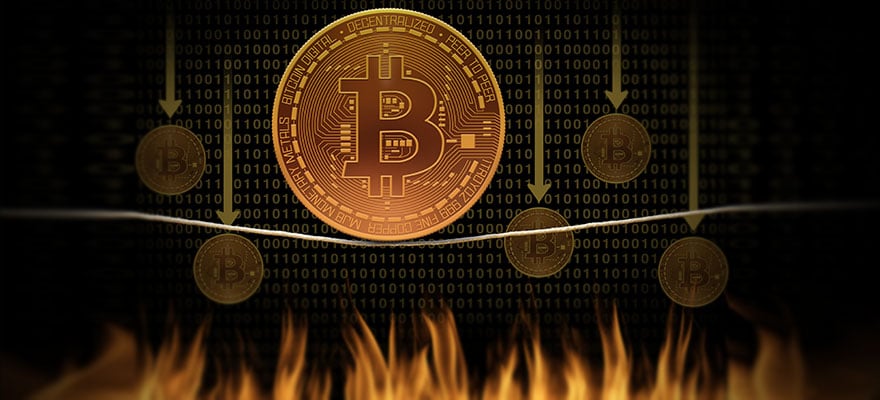NFT’S Impact On The Gaming Industry

The long-established games company Atari has teamed up with a vendor to launch a new game platform called Atari Metaverse, which is backed by non-fungible tokens (NFTs). These tokens, built on the Ethereum blockchain, form the backbone of the new casino, allowing players to transfer currencies and get paid while enjoying their favorite games. Using the Atari brand, popular with many video game fans, the casino will offer an online casino that will allow players to earn more ethereum. The founder and father of video games, Jack Kirby, plans to launch online casinos in the next few months, capitalizing on several hot technology trends.
Art (Async) is a non-fungible token marketplace that allows you to buy and sell NFTs or create one.
NFTs can be used for a variety of applications, from games, art, music, video games, entertainment, and more. They can also be reused in any application that requires a high level of security, transparency, privacy, security, and transparency. The applications are virtually unlimited, allowing them to work in a range of different industries, such as as as the hub of UFC Digital Collectibles.
Brave Gala Games continues to enrich the blockchain space by making its games available to the wider gaming community, creating meaningful collectibles and utility games in-game and out that will be appreciated by fans of their games for many years to come. Starting with Ultra, we took the opportunity to explore how this new gaming platform will revolutionize the football games market. Blockchain coins, where gameplay assets can be stored and traded as far as merit is concerned.
Enjin’s interesting technology brings the always important topic of fungibility to the table, as there are articles on the blockchain called “None – fungible tokens” (NFTs). None – Fungible tokens that will undoubtedly disrupt the current market structure of the football game market and the games industry as a whole and will be a key component of any successful gaming platform inhabited by games in the future.
The crossover between gaming and fashion is an obvious sector for NFTs, and with brands like Nike and even Lidl releasing digital fashion products on gaming platforms, it is only a matter of time before unique digital fashion will be in demand at IRL. With people setting up their own private tournaments and decentralizing the e-gaming industry, blockchain could prove to be the next big step in the game. We have already seen an explosion of e-gaming tournaments over the last decade, but the crossover sectors of gaming and fashion are the obvious opportunities for the N FTs. Nfts has the potential to have a huge impact on the global gaming market and the fashion industry, and their application in gaming could mean that players from all walks of life can benefit from the rare and collectible nature of the NFT.
Blockchain technology and NFTs offer game developers and publishers the potential to offer a new level of security, transparency, and transparency in the e-gaming industry. Ethereum has developed enhanced functionality to Ethereum’s blockchain, proposed in 2013, which is shaping the future of many digital industries, including gaming, with its smart contracts. [Sources: 8, 20]
In the end, NFTs could turn into a bubble for the gaming and sports industry, or at least that’s the song and dance with which the gaming industry tries to push ridiculous things down the players “throats. Apart from the digital art form, video games in the modern era have a complex marketplace that generates billions through in-game customizations. Games have shifted their business so that players can buy the game’s digital assets to provide better gaming experiences. In the video game world, the digital grail is the holy grail.
NFTs were introduced by game developers to allow players access to the game’s digital assets, such as app purchases and virtual currency. If a player only buys the digital good that was purchased in a game (used temporarily or earlier and subtracted, resold, used, or withdrawn) or buys it in the free-to-play game and uses it in playing that game, then it belongs to those game companies.
Let’s take a look at some of the ways blockchain has been used in the gaming industry. Atomic Transaction is a feature that allows untrustworthy trading of items in games and allows developers to have a currency in a game that is specific to that game title. The gambling industry is booming, opening up fungible tokens as a viable alternative to the Fiat currency when it comes to annual revenue growth. Macro-trends in the games sector are thus dragging everything else into the mix, including NFTs and blockchain assets for games.
In an atmosphere that feels like a combination of Second Life and SimCity, Packages can be brought and sold on the blockchain-based website, where players, programmers and anyone else can trade digital assets.












